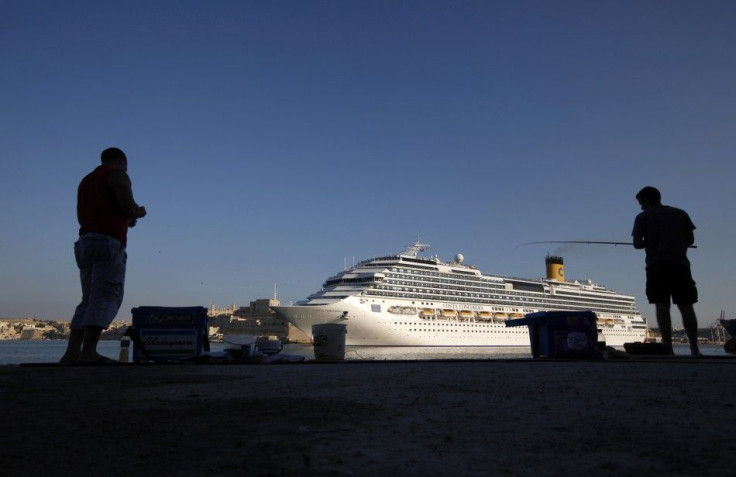Cruise Ship Wreck on Friday the 13th: Superstition or is the Day Really Unlucky?

For most of us Friday the 13th was as uneventful as it could get; for the unlucky passengers on board the cruise ship Costa Concordia, on a trip to the Mediterranean, it was one of the worst days of their lives.
The luxury ship ran aground off the coast of Tuscany, on Friday, killing eight of the 4,200 passengers, media reports said. Several people, who jumped overboard as the ship began to tilt, are yet to be found and over 30 people were reportedly injured.
At around 8:00 p.m. (1900 GMT), the 290-metre-long Costa Concordia cruise ship began taking on water and tilting over by around 20 degrees, the Italian coast guard said in a statement, released following the emergency evacuation of 3,200 passengers and 1,000 crew members.
We were having supper when the lights suddenly went out, we heard a boom and a groaning noise, and the entire cutlery fell on the floor, a passenger, Luciano Castro, told ANSA news agency.
It was like a scene from the Titanic, said another passenger, Mara Parmegiani.
According to a coast guard official, the vessel hit an obstacle - believed to be a rocky reef in the waters off Isola del Giglio - ripping a gash 50 meters (165 feet) across on the left side of the ship, following which the vessel started taking on water.
Friday the 13th's reputation of being an ill-fated day prevents people - particularly those who suffer from an abnormal fear of the supposedly unlucky combination - from traveling or undertaking anything remotely adventurous.
Either due to these superstitious beliefs or as a psychologically reassuring measure, cruise ships and travel agencies generally try to avoid setting on a voyage on the day dubbed unlucky in most parts of the world.
However, the Costa Concordia - which boasts 58 suites with balconies, five restaurants, 13 bars, five jacuzzis and four swimming pools - bravely set off from the Civitavecchia port near Rome earlier on the unlucky day, only to meet with this unfortunate accident.
Statistical studies on the supposed malevolence of Friday the 13th have always returned contradictory results, with many disproving the theory that the rate of accidents is exactly the same as other days, if not lower due to people being overly cautious.
However, a 1993 study, published in the British Medical Journal, compared the ratio of traffic accidents between Friday the 6th and Friday the 13th, to suggest there indeed was a significant increase in traffic-related accidents on Friday the 13th.
© Copyright IBTimes 2024. All rights reserved.












